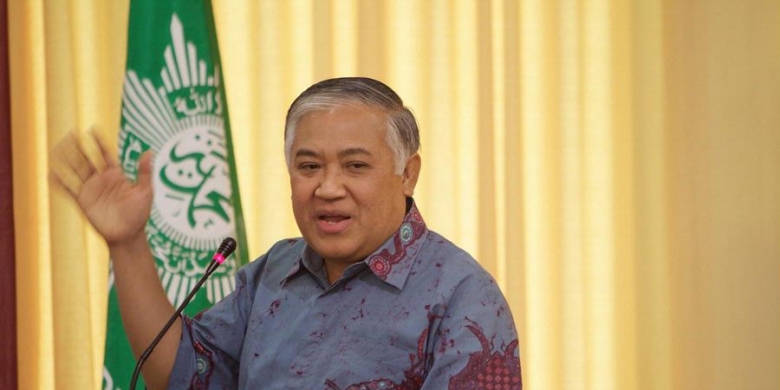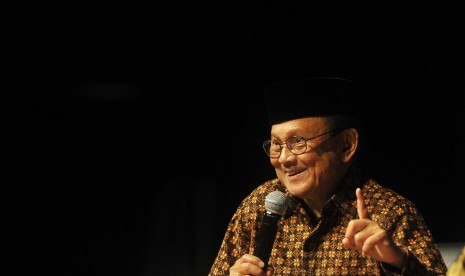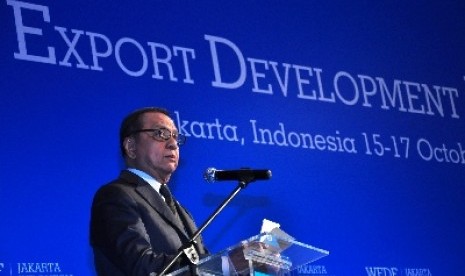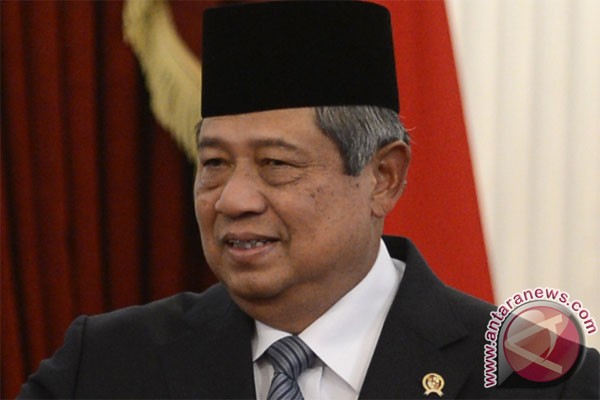Of Islam, Boko Haram and sexual slavery
The Nigerian terrorist group
Boko Haram recently kidnapped more than 200 young girls, allegedly to sell into sexual slavery. Extremist Muslim clerics and extreme critics of Islam have long shared the conviction — amongst some others — that Islam allows keeping slaves, at least in certain circumstances, and permits their rape. This myth is unfounded. Slavery was the norm in the Arabia that Prophet Mohammad (PBUH) opened his eyes in. Anyone who could afford to buy a slave, kept one. Unfortunately, these slaves — especially girls — had no dignified status in society. They were bought and sold like property. They were overworked, abused and looked down upon as inferior beings.
Deeply troubled by this social injustice, Prophet Mohammad (PBUH) set out to emancipate slaves. He did not do this with the stroke of a pen. Letting the slaves go free, having to fend for themselves, be homeless and form isolated settlements would not ensure equal rights and status. Instead, he embraced them, assimilated them into society and made them useful contributors to the growing Muslim community. He uplifted them and ousted their inferiority complex. He instructed the Muslims to free the slaves who could stand on their own feet and forbade slave trade at all costs. He taught that all humans were equal and so it was not proper to address a slave with that word. He said: "Let none of you call out to his slave saying, 'My slave boy!' or 'My slave girl!' nor let a slave call out to his master saying, 'My Lord!' but let the master call out to the slave saying, 'My young man!' or 'My young woman!' and let the slave call out to the master as 'My chief!'"
Islam offered many ways for former slaves to be incorporated into society. One such means was marriage. No Arab noble would have ever conceived of marrying a slave but Prophet Mohammad (PBUH) broke this taboo with his own example. He inspired a new way of thinking in Arab society. He taught: "He who has a slave girl, educates and treats her nicely and then marries her will get a double reward."
While Prophet Mohammad (PBUH) was starting a social revolution in Arabia, he found himself in a very hostile environment. Muslims were persecuted for over a decade in Mecca. They were boycotted, thrown out of the city and forced to migrate to Medina. Prophet Mohammad's (PBUH) enemies were persistent. They pursued him there as well. Just two years after his immigration, a 1,000-man strong army marched out of Mecca with the intent to finish the Muslims forever. It was at this time that fighting was first permitted in self-defence (2:190). The Muslims, only 300 in number, defended themselves and won this battle decisively at Badr. Muslims had to counter many more offensives. Thus, Prophet Mohammad (PBUH) laid down clear rules and regulations for warfare. No women, children, elderly, monks, worship places and trees, for example, were to be hurt during fighting.
Prophet Mohammad (PBUH) also laid down guidelines regarding the captives taken during war. Most victors would take the women from the enemy ranks as slaves, rape and torture or even kill them. However, Prophet Mohammad (PBUH) did not allow any of this. He allowed the female captives to earn their freedom through different ways. The captives who were finally left behind were integrated into the growing Muslim society through marriage. Prophet Mohammad (PBUH) led by his own example again by marrying two such women captives, who are esteemed and revered by Muslims the world over as the "mothers of the faithful".
The assertion that Islam did not necessitate marriage and permitted the rape of female 'slaves' and captives is utterly baseless. Islam broke the prevailing taboo regarding marriage with 'slaves' when it commanded: "And marry widows from among you, and your male slaves and female slaves who are fit for marriage" (24:33). And: "And who so of you cannot afford to marry free, believing women, let him marry what your right hands possess, namely, your believing handmaids" (4:26).
Many other verses (e.g. 4:19; 2:222) also admonish Muslims to marry "slaves" and captives, and assimilate them into society. Marriage was an absolute prerequisite for any sexual relations with them. This is also very clear by the use of the words "being chaste" in 4:26. If sexual relations with these women were allowed before marriage, how would they be "chaste"? Furthermore, the same verse also prohibits having sexual affairs with slave girls and condemns fornication as a social ill. The Quran also makes it unlawful for women to be inherited or detained against their will (4:19). Their consent is important in all matters, including marriage. This rule applies to all women, including the most disadvantaged women in society. Prophet Mohammad (PBUH) said, "An orphan girl should be consulted with regard to marriage. If she refuses then she is not to be forced."
This treatment of women was unprecedented in ancient Arabia. For slaves, it was the Emancipation Proclamation and the civil rights movement combined — two in one. Boko Haram has committed multiple crimes against humanity — kidnapping girls and selling them is but one of the most grievous of them. These acts do not represent Islam; they offend it deeply. They only represent terror and cowardice.
Posted by: "Sunny" <ambon@tele2.se>
| Reply via web post | • | Reply to sender | • | Reply to group | • | Start a New Topic | • | Messages in this topic (1) |
to Subscribe via email :
batavia-news-subscribe@yahoogroups.com
----------------------------------------
VISIT Batavia News Blog
http://batavia-news-networks.blogspot.com/
----------------------------
You could be Earning Instant Cash Deposits
in the Next 30 Minutes
No harm to try - Please Click
http://tinyurl.com/bimagroup
--------------




